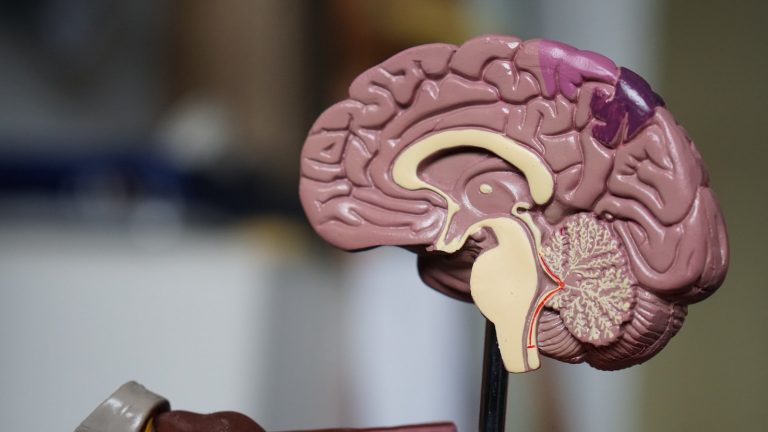Given the detrimental impacts of substance abuse on our brain’s health and function, many individuals grappling with addiction often ask a crucial question: “How long to rewire brain from addiction?” This query is not just about the time it takes but also about the steps involved, the challenges to anticipate, and the strategies needed to speed up the brain recovery process.
Substance Abuse and the Brain
Before delving into the process of rewiring the brain from addiction, it’s essential first to understand how drugs and alcohol affect our brain.
The Impact of Addictive Substances on Neurotransmitters
Addictive substances, like drug use, can induce a deluge of dopamine – a neurotransmitter associated with pleasure, motivation, and elevated mood. This sudden dopamine flood results in the euphoric feeling that addicts chase. It is how an addictive behavior works. However, this euphoria is not without consequence.
Changes in Neural Pathways
The continued abuse of addictive substances, including drug use and other substance use, leads to synaptic plasticity, implying alterations in the tiny gaps between neurons in our central nervous system. These changes disrupt the body’s ability to maintain an appropriate dopamine level and perform other essential tasks, eventually leading to the onset of addiction.
Rewiring the Brain: A Beacon of Hope
The good news is that our brains possess a remarkable characteristic called neuroplasticity, the ability to heal, repair, and adapt after certain medical conditions, injuries, or negative experiences. This trait extends to the brain’s capacity to recover from addiction-related synaptic plasticity.
What is Brain Rewiring?
In the context of addiction recovery, brain rewiring refers to the healing process where the brain repairs the damage caused by prolonged substance abuse. This process involves reshaping the brain’s structure and function, and relearning healthier habits and behaviors that foster sobriety.
The Rewiring Timeline: A Complex Process
The timeline for rewiring the brain from any addiction, including porn addiction, addictive substance use, alcohol abuse, or anything else, depends on various factors. These include the type of addictive substance, the duration of addiction, the severity of substance abuse, and the individual’s overall health. However, it’s important to note that this process is not a quick fix. It may span months or even years.
Influencing Factors
The extent of brain damage to a person’s central nervous system influences the rewiring timeline. For instance, substances with high addictive potential can cause extensive damage, leading to a more prolonged recovery journey. Furthermore, the type and quality of treatment a person receives can significantly impact the recovery speed.
Therapeutic Interventions to Expedite the Rewiring Process
Research has shown that integrating certain therapeutic interventions such as neurofeedback therapy with addiction treatment can facilitate the brain rewiring process.
Physical Exercise
According to a study in the journal Frontiers in Psychiatry, physical exercise is a promising additional therapeutic tool in addiction recovery. Physical exercise promotes neuroplasticity, especially in brain areas related to executive control, decision-making, and inhibition of drug-seeking behavior.
Cognitive Behavioral Therapy (CBT)
CBT is another effective means to harness the beneficial aspects of neuroplasticity. It is a learning-based therapeutic intervention that helps individuals replace negative thought and behavior patterns with more productive ways of thinking and acting.
The Importance of Community Support in Brain Rewiring
In the journey to rewire the brain from addiction, community support plays a significant role. Having a supportive network of family, friends, or support groups can encourage individuals to stay sober, reducing stress and allowing them to focus more on healing.
Digital Support Platforms
In the digital age, support doesn’t only come face-to-face. Online platforms and applications like Sober Sidekick provide individuals with a community of people facing similar struggles, offering them extra support, encouragement, and a reality check when needed.
Nowadays, there are many treatment options for different addictions, no matter if it is opioid addiction or porn addiction.
The Bottom Line
The journey to rewire the brain from addiction is a marathon, not a sprint. It requires patience, perseverance, and a lot of support. While the timeline may vary from person to person, the ability of our brains to recover from addiction offers hope. With the right treatment strategies and unwavering determination, it is indeed possible to rewire the brain and reclaim a life free from the shackles of addiction.


0 Comments